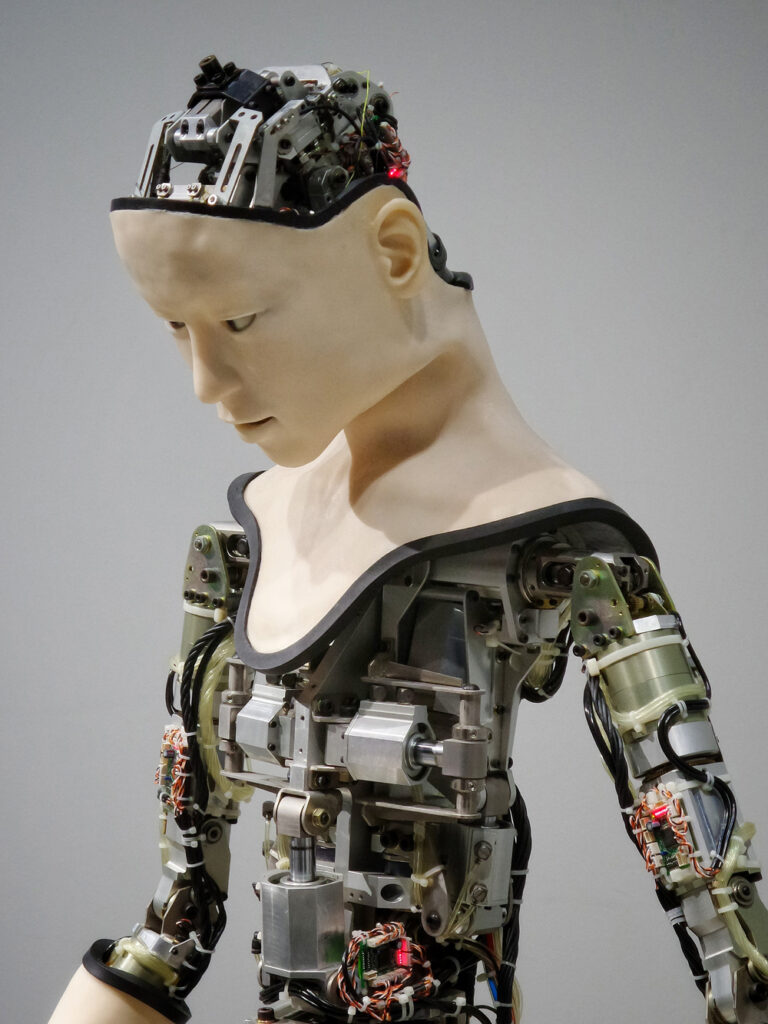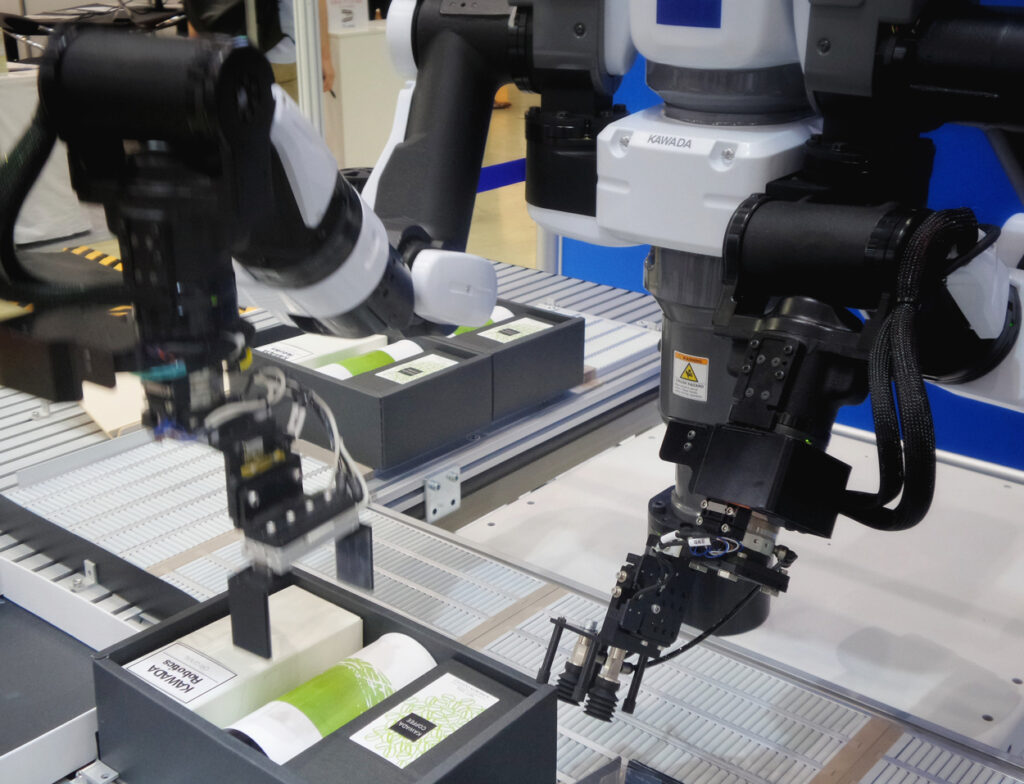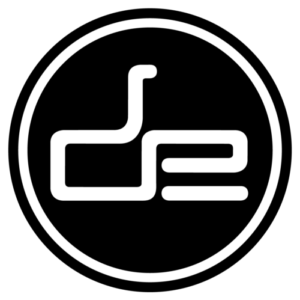Is this science fiction or reality? Or both? If we can imagine it, then there is only a matter of time before we make it happen. There is no doubt that technology has had a major impact on our society. There have been many positive changes, yet we have also encountered many challenges along the way. “We’ve never had to live alongside such powerful non-human systems. We’ve never known what it’s like to be surrounded by technology that’s never switched off.” Bernard Marr and Jamie Susskind, author of Future Politics: Living Together in a World Transformed by Tech, discussed this along with other trends in a Forbes write-up. Research shows that the benefits outway the drawbacks. The advances in automation will help us tackle the issues we are facing. But what about jobs?
Automation Revolution
People have always used the technology they had available to help make their lives easier. We are now going through the fourth industrial revolution. Each one previously has come in different shapes and sizes, but we always adjusted in order to keep up with the changes. We enjoy having electricity, automobiles, and cellphones but if an I, Robot-type uprising happens then we’ve got issues.
Automation is making the natural cycle of skills become outdated far more rapidly than it has previously. Certain jobs, such as truck drivers or assembly-line workers, will soon be performed by machines. The “humans” will need to change their occupational categories and learn new skills to remain part of the workforce. When AI takes over repetitive or dangerous tasks, it frees up the human workforce to do work they are better equipped for—tasks that involve creativity and empathy among others. If people are doing work that is more engaging for them, it could increase happiness and job satisfaction.
Professional Development is Key to Keeping Up
Jobs lost to automation statistics show that some positions will completely disappear, while others are just being reshaped under new conditions. It is true that certain vocations will become obsolete, however, there will arise new business opportunities creating new jobs that didn’t exist before. Times have changed and they continue to do so. Automation and AI are progressing daily. One-fourth of jobs in the US are in danger of automation and 55% of the jobs that don’t require a bachelor’s degree are in jeopardy of automation. Storage, manufacturing, and transportation are facing the biggest chance to be fully automated. But it is not technological innovations alone affecting job loss. Employees will have to improve their skills and knowledge in order to stay competitive and productive. It may even involve an occupational switch for some.
Engineering is a field in which we can embrace AI as an opportunity. For example, if an engineer is trying to work out how to reinforce a particular feature in their design, wouldn’t it be great if they could just ask their computer? This is natural language processing that is steps above Siri, as highlighted in the article How Artificial Intelligence has Impacted Engineering, along with topics of big data, machine learning, manufacturing, image processing, and the internet of things. There is an urgent need for companies to retrain and upskill their current employees. Executives see this as a top business priority due to the pace at which automation and digitization are growing. That is exactly what Design Engine does and something we touched on in a previous article.

What Do You Want to be When You Grow Up?
Some of us really did become doctors, astronauts, or rock stars. We all wish we could follow our passion and that the money would follow us as well. There are jobs available but they may not have the salary to match our ideal lifestyle. When choosing college majors, some students often change their intended path. After all, “all of the high demand jobs will be ones that don’t even exist now”. The good news is that if you are an engineer, the annual employment projections of all the STEM jobs 2010-2020 had 16% in the engineering field. Whether you are looking to gain more knowledge or new knowledge as it relates to 3D CAD modeling, we are here to help you hit expert status.


